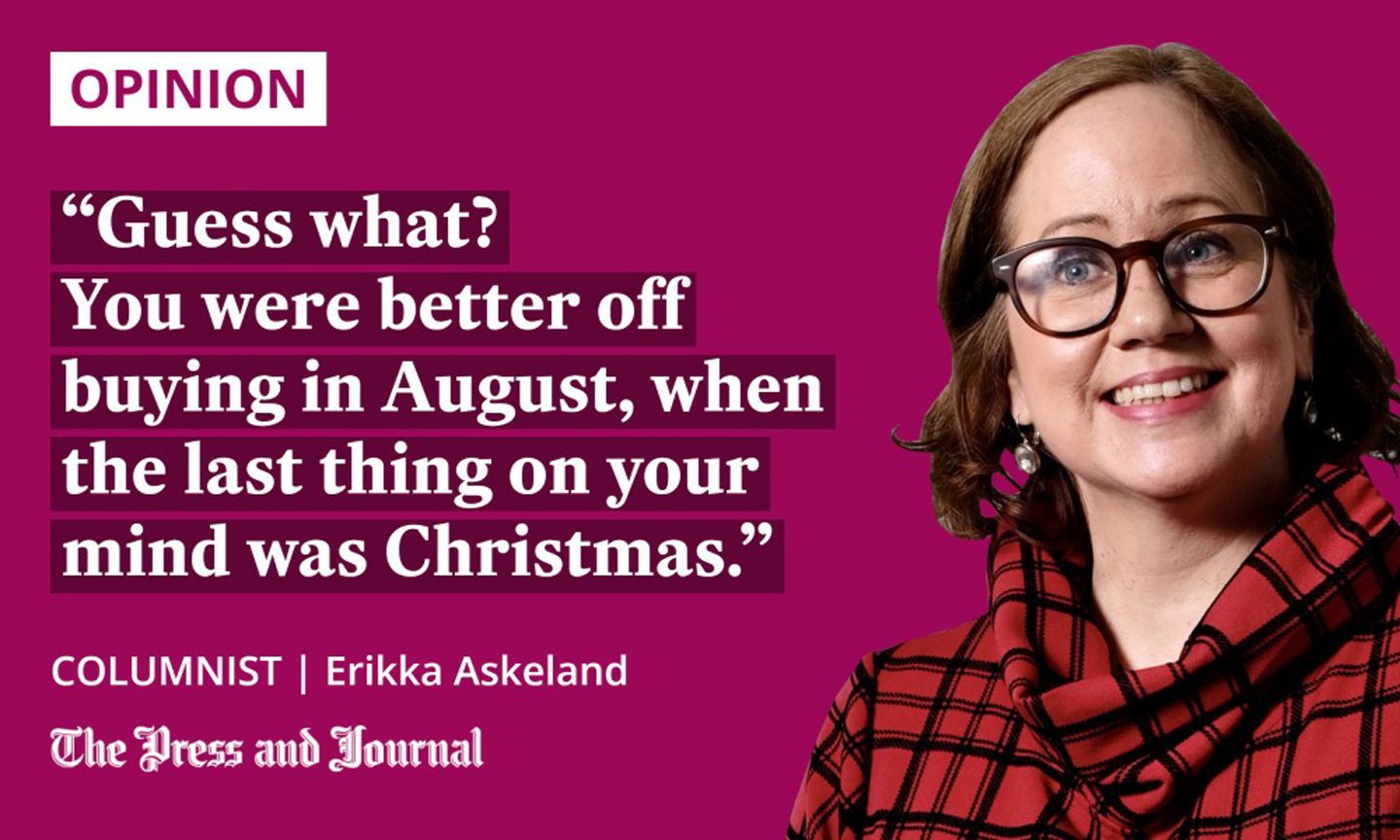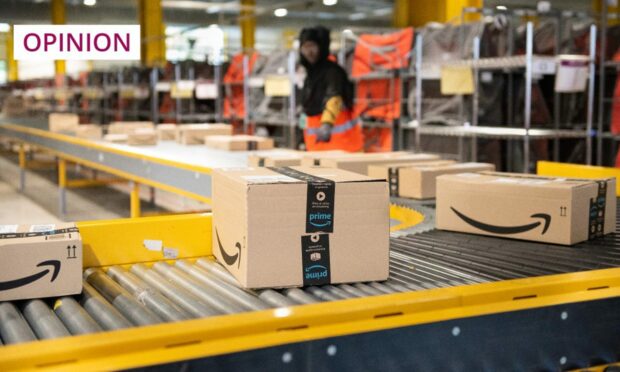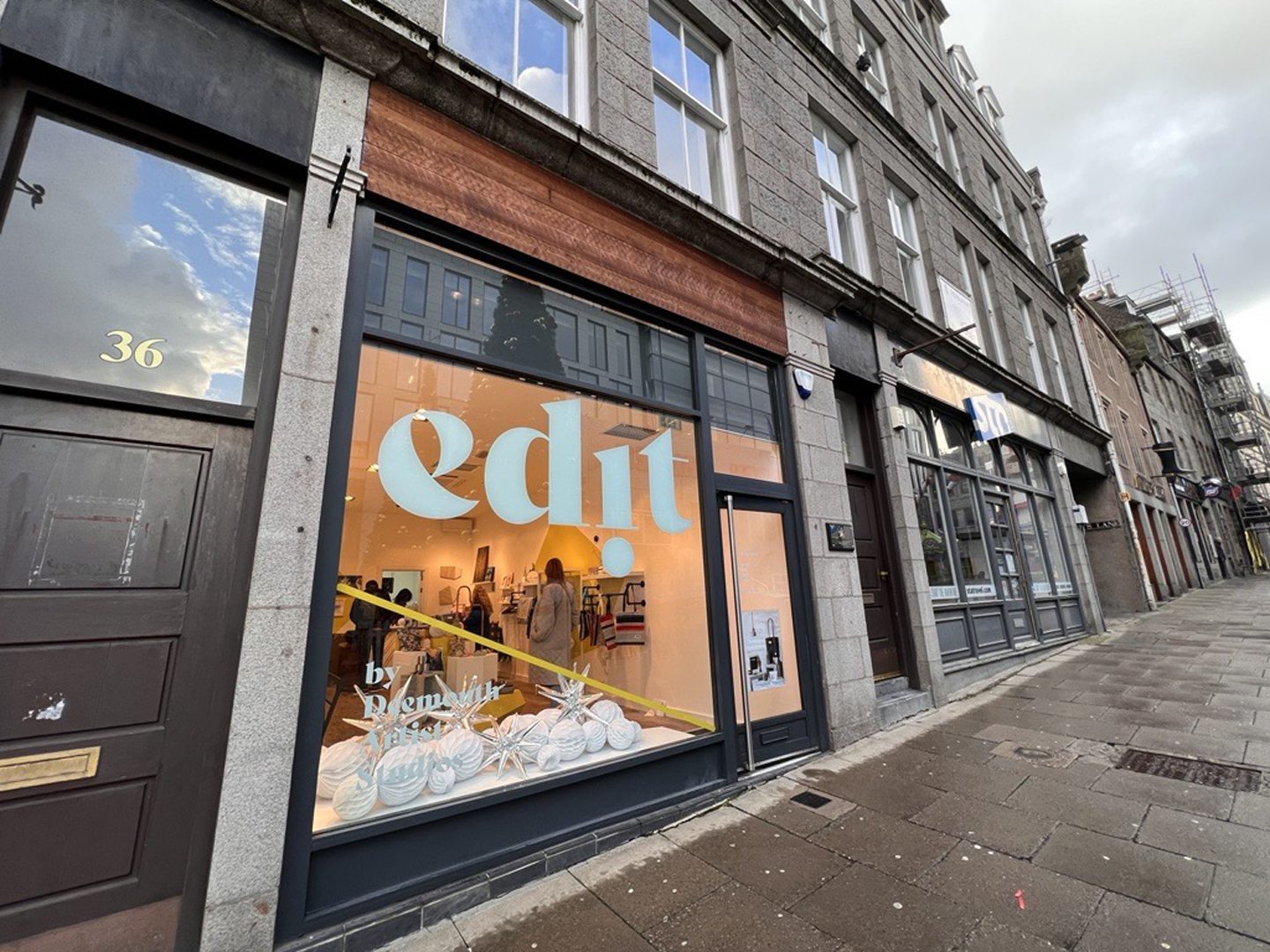If you think shopping online for Black Friday – or the upcoming ‘Cyber Monday’ – will enable you to bag a bargain, business editor Erikka Askeland has some bad news for you.
Have you heard that it’s Black Friday?
Maybe you haven’t, if you have been living a life of complete seclusion. But, it could be that even hermits are feeling pressure to succumb to the hype.
If you think that going online today – or on the upcoming “Cyber Monday” – will enable you to bag a bargain, I have some bad news for you. Turns out, those screaming discounts are nothing of the sort.

Consumer research firm Which? has revealed that the retail “event” is nothing but overexaggerated nonsense, while Trading Standards found it to be a highly effective cover for fraud.
Which? looked at prices every day in the six months before and after Black Friday 2021, on November 26. And, guess what? You were better off buying in August, when the last thing on your mind was Christmas.
Don't get a dud deal this Black Friday…
Watch this to see why 👇#BlackFriday #BlackFridayDeals #Shopping pic.twitter.com/WOmTHUbWt4
— Which? (@WhichUK) November 24, 2022
Black Friday is a manufactured phenomenon, and one that has nothing to do with the UK and its traditions. It exists because it’s the day after Thanksgiving in the US, which is always on the fourth Thursday of November, with a clear run-up to Christmas.
On that day, stuffed with turkey and pumpkin pie and fed up with the company of their relatives, Americans unleash themselves on the shops, both in person and online.
A truly black day is coming for retailers
It tends to be days of economic catastrophe that are called “black” – the great Wall Street Crash of 1929, which prompted the decade-long Great Depression was Black Thursday. In the UK, Black Wednesday marked the day the pound sterling crashed in 1992, causing an economic recession and the ousting of the government.
In Aberdeen, Black Friday is a name often given to the last party night before Christmas. Union Street certainly tends to look like the apocalypse has struck the next day.
People who run independent shops and pay rent and rates have long been losing the battle to the online behemoths
Maybe the marketers are right in likening a big day for online shopping to some sort of disaster. These sales are conducted predominantly online, which amounts to a calamity for local retailers.
People who run independent shops and pay rent and rates have long been losing the battle to the online behemoths who run their business from vast, windowless warehouses, where employees are treated like robots to fulfil orders made through whim on a mobile phone.
The same is true even for bigger retailers who have also struggled in the face of online competition. Many have either been extinguished completely, like Debenhams, or exist as an online-only brand, like Topshop. Some survivors have trimmed their footprint on high streets and malls across the UK – like John Lewis and House of Fraser.
Clarted with empty shop units, Aberdeen’s Union Street is not the only one suffering. A recent trip to Glasgow showed just how desperate the situation is on the once bustling shopping thoroughfare of Sauchiehall Street. Shopping centres, too, are facing uncertainty.
SOS: Save our shops
Sure, you can buy something online and have it conveniently delivered to your door. But, every time you do this, you take potential for a small profit away from the retailer on your doorstep.
You might not realise that 98% of goods sold on Black Friday are likely to have been on sale for cheaper or the same price at other times of the year, as Which? has revealed.
You may also not know that Trading Standards has just undertaken a major crackdown on counterfeit products being sold on Instagram – including potentially dangerous electronic chargers, as well as knock-off clothing and fashion accessories, jewellery, tobacco, car parts and copyrighted photographs.
If all of that doesn’t sound appealing, you could pop into town and see what the local shop has to offer instead. Use it or lose it.
Erikka Askeland is Head of Business for The Press and Journal



Conversation